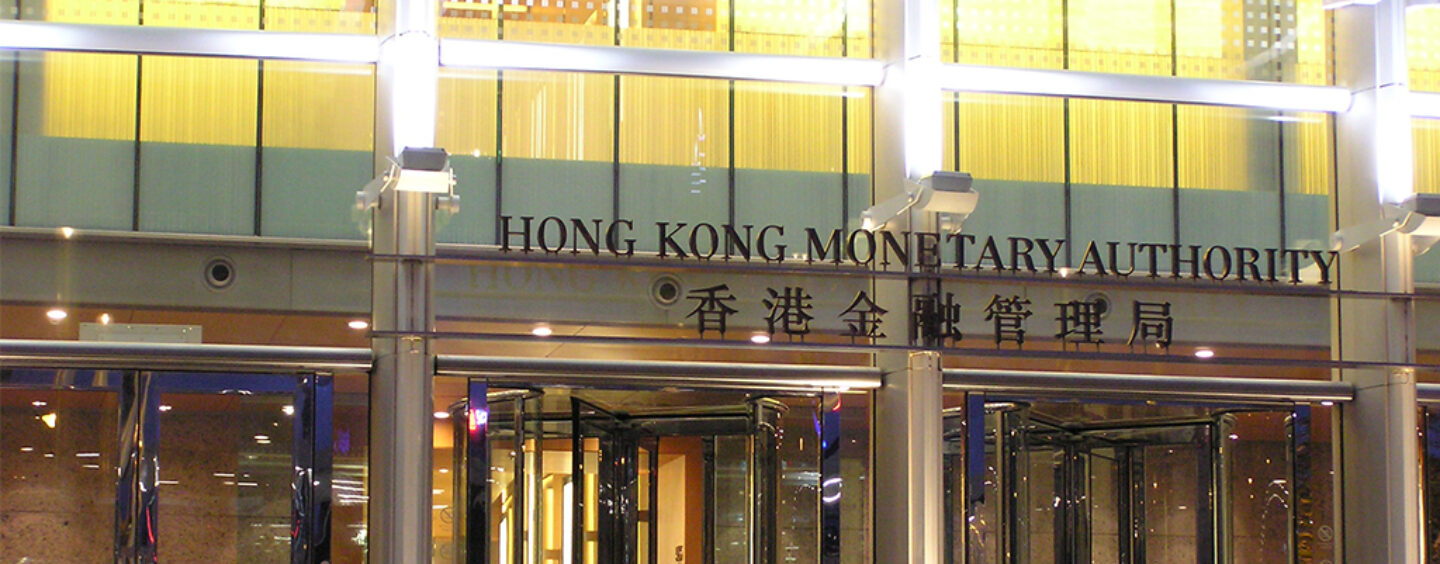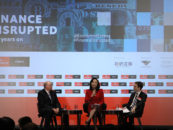
How Hong Kong’s Financial Regulator is Doubling Down on Data Science
by Fintech News Hong Kong January 28, 2020It’s evident to observers of the space that fintech has been one of Hong Kong Monetary Authority’s priorities in the recent years. Over the past few years, the regulator has introduced many new initiatives including the widely known Faster Payment System and the virtual banking licensing regime.
Recently the regulator embarked on a study that showed 90% of retail banks in Hong Kong have adopted or planned to adopt AI, showing the progress of incumbent banks in embracing the use of innovation and technology.
In keeping pace with the rest of the industry, HMKA has also been going transformation to put technology and data science to better use. The regulator’s digital transformation covers multiple functions including bank supervision, anti-money laundering, financial stability, surveillance, economic research, and reserves management.
In the near future, the HKMA plans to introduce a number of new initiatives to implement the transformation. Take banking supervision for instance. The HKMA is collecting more granular data from banks so as to obtain a fuller and more up-to-date picture on the state of their businesses.
In the long run, HKMA hopes that the use of new technology will replace the current requirement for banks to submit template-based regulatory reports, thereby lessening their reporting burden. This will be a win-win outcome for the HKMA and the banking industry.
HKMA is also rolling out a new “Digitalisation Office” which will be tasked with overseeing the entire digital transformation work to help them become a more data-driven regulator. The Digitalisation office will bring in talents in data science to work on data processing and analysis.
It is also responsible to formulate a long term digital development strategy for the HKMA and promote a culture of technology within the organisation.
Featured image credit: By Alan Mak – Own work, CC BY-SA 3.0, Link








